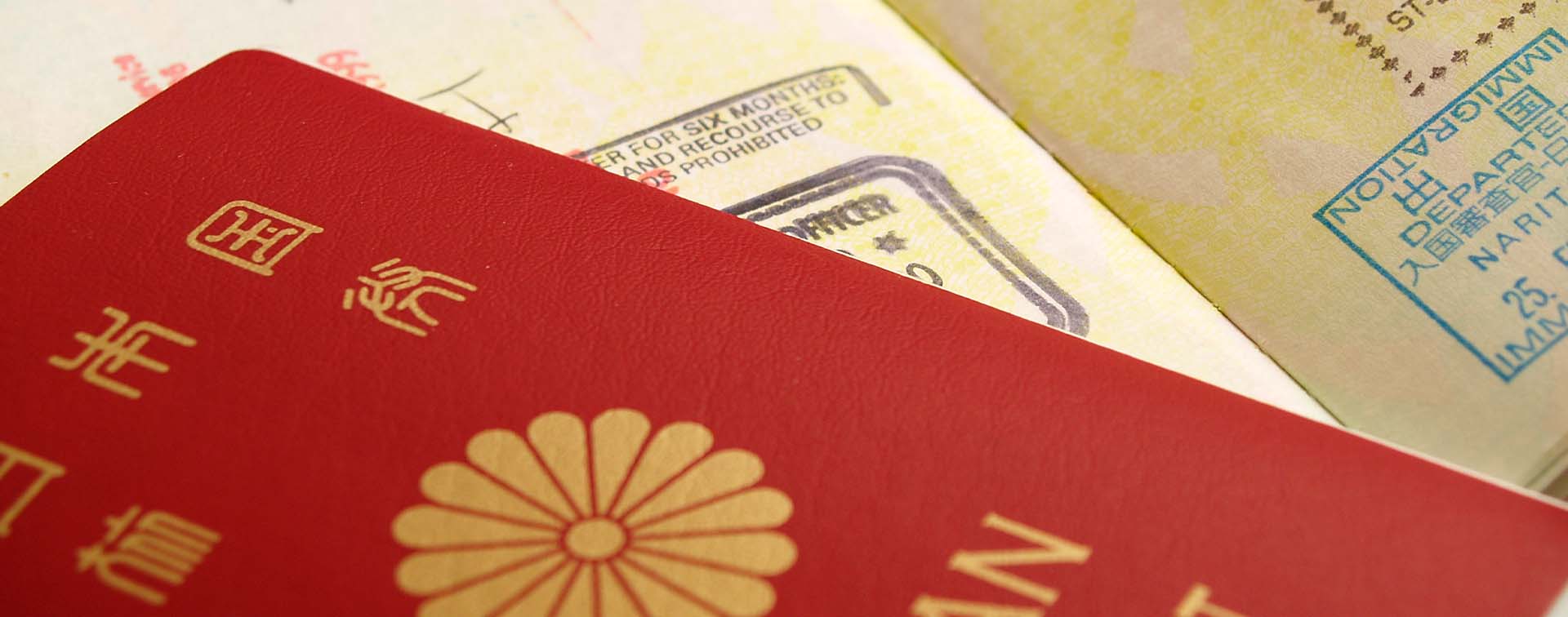
Dominic Volek is Group Head of Private Clients and a Member of the Executive Committee of Henley & Partners
Moving into 2022, it is worth pausing to reflect on the turbulence of the past year and reconsider a question I posed a year ago: will the vast global mobility gap begin to narrow as globalization brings us closer together, or will it widen, as other forces prevail? A look at the latest results from the Henley Passport Index gives an indication of the answer. The ranking shows record-breaking levels of travel freedom for top-ranking nations Japan and Singapore, which share joint 1st place, but also reflects the widest recorded global mobility gap since the index’s inception 17 years ago. Passport holders of the two Asian nations can now visit 192 destinations around the world without acquiring a visa in advance, while those from Afghanistan, which remains at the bottom of the index, can travel to just 26.
The rapid spread of Omicron emphasized the deepening mobility divide with laser clarity at the end of last year, as wealthier countries responded to the variant with restrictions so punitive they were described by U.N. Secretary-General Antonio Guterres as being akin to “travel apartheid”. Analysis of historical Henley Passport Index data provides a startling contrast between this latest development and longer-term trends, which show a significant increase in overall travel freedom levels. Today the average number of destinations one can visit without a prior visa is 107, while in 2006 it was just 57. But this notable improvement does not reflect the massive and growing disparity between developing and developed nations.

Remaining in the upper echelons of the latest ranking, Germany and South Korea jointly hold onto 2nd spot, with passport holders able to access 190 destinations visa-free, while Finland, Italy, Luxembourg, and Spain share 3rd place, with a score of 189. The US and the UK passports have regained some of their strength after falling to 8th place in 2020 — the lowest spot either country has held in the index’s history. Both countries now occupy 6th place, with a visa-free/visa-on-arrival score of 186. While an improvement, this position is a far cry from the top spot the two countries shared in 2014, with their former passport power now totally outmatched by the dominance of Asian and EU states.
The effects of the US and the UK’s shift towards more isolationist foreign policies are clearly reflected on the index. Commenting on recent changes to the UK’s migration policy, for instance, Dr. Hanna White OBE notes that the UK’s immigration system is now one of the most expensive in the world and for EU citizens in particular, migrating to the UK has become more complicated. Prior to Brexit, EU citizens could take up work of any skill level and salary, whereas they now face skill and salary requirements. Yet the index also reflects the effects of more collaborative approaches. After a decade spent pursuing mutually beneficial visa agreements, the UAE is basking in 15th place — its highest position so far and a stunning ascent from the 64th spot it held in 2012. Dominica, which has a successful citizenship by investment program, has climbed 21 spots to 33rd place, with visa-free access to 144 destinations including China, France, Germany, and the UK.
There have also been some troubling descents over the same period. As Syria and Yemen have struggled with profound political and economic instability, they have plummeted in the rankings, falling by 15 and 13 spots, respectively, over the past 10 years. In Africa, Gambia has dropped by 12 places, Nigeria by 11, and Sierra Leone and Mali have both fallen 10 places.
The Henley Passport Index 2022 Q1 results reflect the key findings of exclusive research commissioned by Henley & Partners into the determinants of passport power. It concludes that wealthier countries’ gains in travel freedom are in direct contrast with the situation poorer nations find themselves in as they come up against mounting barriers to entry. The study shows that while citizens of upper middle- and high-income countries have achieved visa-free access to most nations, citizens of lower middle- and low-income countries, as well as ones with higher fragility scores, enjoy far less travel freedom because they are deemed to be high risk for security, asylum, and overstay. Interestingly, however, they found that while the world’s democracies on average have higher visa-free scores, both democratic and authoritarian regimes have increased their visa-free scores since 2006, at somewhat similar rates.
Commenting on the research findings, Erol Yayboke, a senior fellow with the International Security Program and director of the Project on Fragility and Mobility at the Center for Strategic and International Studies (CSIS), says: “While not necessarily surprising, the research reinforces the harsh realities of global mobility today: if you are fortunate enough to have a passport from a rich and stable country (regardless of form of government), you can move relatively easily across international borders. If not, the difficulties of poverty and conflict forcing you to leave home are just the beginning of a tough journey abroad, if you can even leave in the first place.”
Against this largely unpredictable backdrop, it is a relief to see that some constants remain. As they have for much of the index’s history, countries that offer residence and citizenship by investment programs continue to perform strongly, with Dominica’s recent visa waiver agreement with China seen by experts as a prime example of that success. Malta currently sits in 7th place, with a visa-free/visa-on-arrival score of 185, while St. Kitts and Nevis is in 25th place, with a score of 157. Looking at wider industry trends, it is clear that the chaos of the pandemic has emphasized the appeal of investment migration programs for the states that are able to offer them, as well as for international investors. After another tumultuous year, the latest results and findings from the Henley Passport Index throw into sharp focus some of the most significant issues and challenges facing our world today: questions about freedom, equality, and the right to pursue a better life.